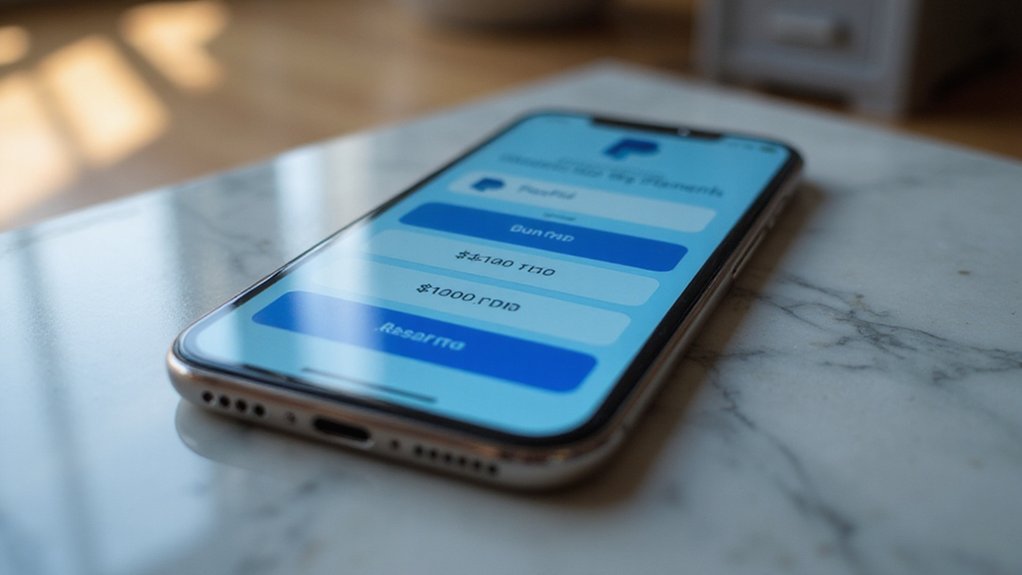How does one prove their age without revealing their birthdate?
Google’s latest innovation in its Wallet service provides an elegant solution through zero-knowledge proofs (ZKPs), a cryptographic technique borrowed from blockchain technology that allows users to verify specific facts without disclosing underlying data.
The integration represents a watershed moment for privacy technology, shifting ZKPs from theoretical whiteboards to mainstream applications.
Users can now verify they meet age thresholds for services like Bumble or online alcohol purchases without divulging their actual birthdates—a quantum leap for digital privacy in an era where personal data is increasingly commodified.
Age verification without birthdate disclosure represents privacy’s evolution from theoretical concept to practical protection in our data-driven world.
What makes this implementation particularly striking is its regulatory compatibility.
Rather than circumventing compliance requirements, Google’s approach satisfies verification needs while simultaneously reducing data exposure—an equilibrium that many privacy advocates once considered unattainable in practice.
The technology operates through Google’s Digital Credential API, forming part of a broader international expansion of digital IDs across the U.S., U.K., and beyond.
This cross-device compatibility guarantees the privacy-enhancing features aren’t limited to specific hardware ecosystems, democratizing access to enhanced digital anonymity.
Industry insiders view this development as overdue yet transformative.
The ability to maintain anonymity while conducting age-restricted transactions fundamentally rebalances the power dynamic between consumers and service providers.
Data minimization—long a theoretical best practice—is finally receiving its practical due.
Google’s plans to open-source the technology may prove equally consequential, potentially catalyzing widespread adoption across the digital ecosystem.
When privacy innovations become standardized rather than proprietary, their impact multiplies exponentially.
This development marks a significant transition from ZKPs as theory to practical applications in everyday consumer technology.
Similar to how transaction privacy protects crypto users from front-running attacks, Google’s implementation shields personal information from potential exploitation.
The broader implications extend beyond age verification.
ZKPs could revolutionize everything from credit checks to identity verification, creating a paradigm where sensitive information remains secured while its necessary properties are verified.
Perhaps most notably, Google’s implementation challenges the false dichotomy between convenience and privacy that has dominated digital services for decades.
The recent expansion to 50 additional countries allows more people worldwide to benefit from these privacy-preserving digital ID features.









